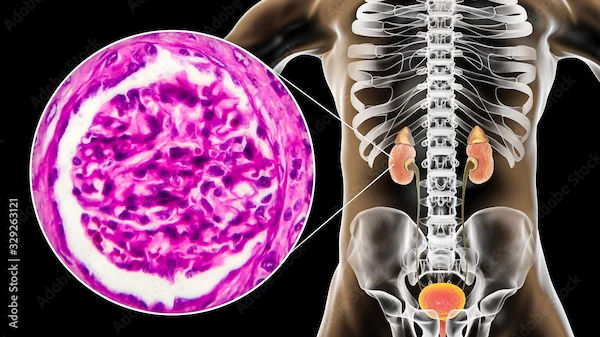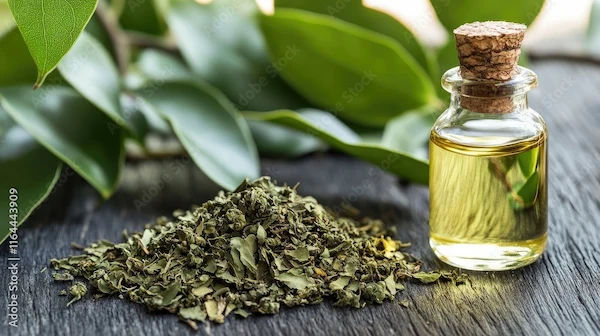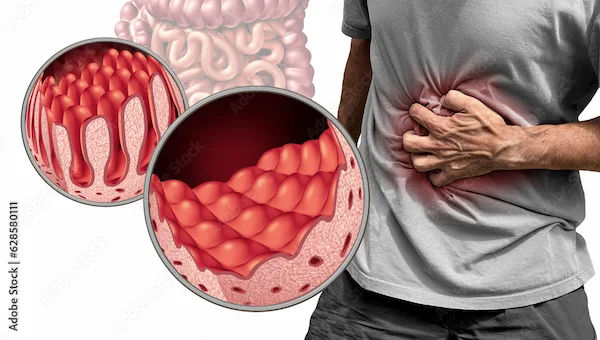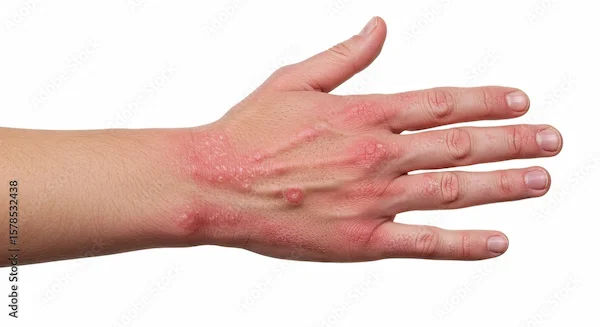Vitamin D Deficiency Symptoms in Women
Know about vitamin D deficiency in women, its significance, common symptoms, causes of vitamin D deficiency and how to improve it.

Written by Dr. J T Hema Pratima
Reviewed by Dr. Rohinipriyanka Pondugula MBBS
Last updated on 13th Jan, 2026
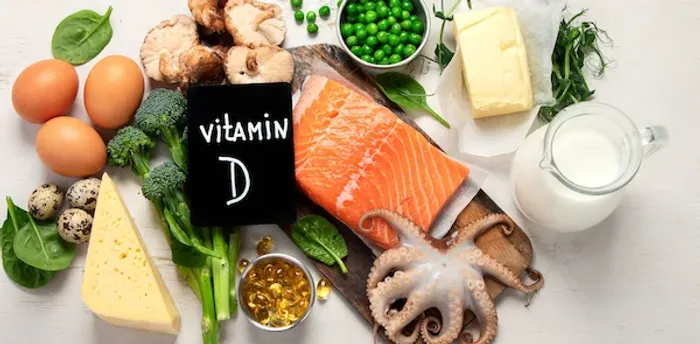
Introduction
Vitamin D is a crucial nutrient that helps keep our bones strong, supports the immune system, and regulates mood. However, many women suffer from Vitamin D deficiency without even realising it. If left untreated, this deficiency can lead to serious health issues.
In this article, we’ll discuss the common symptoms of Vitamin D deficiency in women, its causes, and simple ways to improve your levels naturally.
Why is Vitamin D Important for Women?
Vitamin D plays a vital role in:
Bone health – Helps absorb calcium, preventing osteoporosis (weak bones).
Immune function – Protects against infections and diseases.
Mood regulation – Low levels are linked to depression and fatigue.
Hormonal balance – Supports reproductive health.
Since women are more prone to bone-related issues like osteoporosis, maintaining healthy Vitamin D levels is essential.
Common Vitamin D Deficiency Symptoms in Women
Many women ignore early signs of Vitamin D deficiency, mistaking them for general tiredness or stress. Here are the key symptoms to watch for:
1. Constant Fatigue and Weakness
Feeling tired all the time, even after proper sleep, could indicate low Vitamin D levels.
2. Bone and Muscle Pain
Vitamin D helps calcium absorption, so deficiency can lead to:
Aching bones (especially back and legs)
Frequent muscle cramps
3. Frequent Illnesses
If you catch colds, flu, or infections often, your immune system may be weakened due to low Vitamin D.
4. Mood Swings and Depression
Low Vitamin D affects serotonin (the "happy hormone"), leading to:
Irritability
Anxiety
Seasonal Affective Disorder (SAD)
5. Hair Loss
Severe deficiency can cause excessive hair thinning or patchy hair loss.
6. Slow Wound Healing
If cuts or bruises take longer to heal, it may be due to poor Vitamin D levels.
7. Weight Gain
Some studies link low Vitamin D to increased fat storage and difficulty losing weight.
Consult Top Specialists for Personalised Tips
What Causes Vitamin D Deficiency in Women?
Several factors contribute to low Vitamin D levels:
1. Lack of Sunlight Exposure
Spending too much time indoors
Using excessive sunscreen
Living in colder climates with less sunlight
2. Poor Diet
Not consuming enough Vitamin D-rich foods (fatty fish, eggs, fortified milk)
Following a strict vegan diet without supplements
3. Darker Skin Tone
Melanin reduces Vitamin D production from sunlight, making darker-skinned women more prone to deficiency.
4. Age and Hormonal Changes
Older women produce less Vitamin D naturally.
Pregnancy and menopause increase the need for Vitamin D.
5. Medical Conditions
Digestive disorders (like Crohn’s disease) reduce Vitamin D absorption.
Obesity (Vitamin D gets stored in fat, making it less available for use).
How to Improve Vitamin D Levels Naturally
1. Get More Sunlight
Spend 10-30 minutes in the sun (without sunscreen) between 10 AM – 3 PM.
Expose arms, legs, or back for better absorption.
2. Eat Vitamin D-Rich Foods
Include these in your diet:
Fatty fish (salmon, mackerel)
Egg yolks
Fortified milk, cereals, and orange juice
Mushrooms (exposed to sunlight)
3. Take Supplements (If Needed)
Consult a doctor before starting supplements.
Common doses: 600–2000 IU/day (varies based on deficiency level).
4. Exercise Regularly
Weight-bearing exercises (walking, yoga) help strengthen bones.
5. Monitor Your Levels
Get a Vitamin D blood test if you experience symptoms.
When to See a Doctor?
If you notice persistent symptoms like:
Extreme fatigue
Severe bone/joint pain
Unexplained hair loss
Frequent infections
Final Thoughts
Vitamin D deficiency is common but often overlooked. Women, especially those with limited sun exposure, poor diet, or hormonal changes, should be extra cautious. Simple lifestyle changes—like spending time outdoors, eating the right foods, and taking supplements if needed—can make a big difference.
Consult Top Nutritionists
Consult Top Specialists for Personalised Tips

Dr. Ramalinga Reddy
General Physician
5 Years • MBBS MD General medicine
Bengaluru
PRESTIGE SHANTHINIKETAN - SOCIETY CLINIC, Bengaluru
Dr. Sasikamalam
General Practitioner
1 Years • MBBS
COIMBATORE
Apollo Sugar Clinic Coimbatore, COIMBATORE
Mrs Sneha P V
Nutritionist
10 Years • Master of science in Food and Nutrition
Bengaluru
Apollo Clinic, Sarjapur Road, Bengaluru
Dt. Ila Sharma
Clinical Nutritionist
18 Years • Master in food & Nutrition
Gurugram
VIPUL GREENS - SOCIETY CLINIC, Gurugram
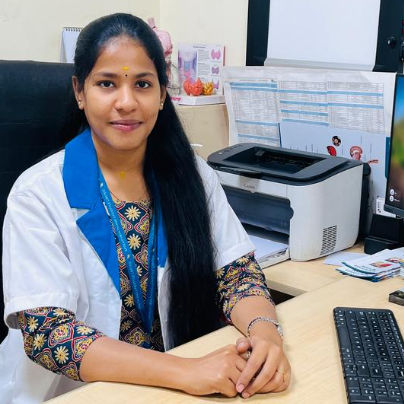
Dt. Prabhavathy
Clinical Nutritionist
8 Years • Msc Human Nutrition & Nutraceuticals
Madurai
Apollo Sugar Clinics, Madurai, Madurai
Consult Top Nutritionists

Dr. Ramalinga Reddy
General Physician
5 Years • MBBS MD General medicine
Bengaluru
PRESTIGE SHANTHINIKETAN - SOCIETY CLINIC, Bengaluru
Dr. Sasikamalam
General Practitioner
1 Years • MBBS
COIMBATORE
Apollo Sugar Clinic Coimbatore, COIMBATORE
Mrs Sneha P V
Nutritionist
10 Years • Master of science in Food and Nutrition
Bengaluru
Apollo Clinic, Sarjapur Road, Bengaluru
Dt. Ila Sharma
Clinical Nutritionist
18 Years • Master in food & Nutrition
Gurugram
VIPUL GREENS - SOCIETY CLINIC, Gurugram

Dt. Prabhavathy
Clinical Nutritionist
8 Years • Msc Human Nutrition & Nutraceuticals
Madurai
Apollo Sugar Clinics, Madurai, Madurai

